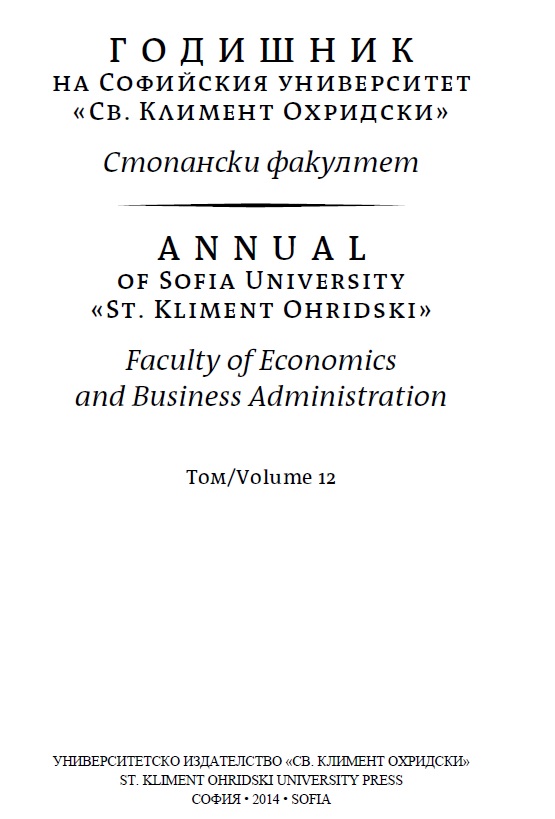Установяване на социалните предпочитания в експерименталната икономика
Determining social preferences in experimental economics
Author(s): Teodor Sedlarski, Hristo MarlovSubject(s): Economy, Micro-Economics
Published by: Софийски университет »Св. Климент Охридски«
Keywords: experimental economics; reciprocal fairness; inequity aversion; pure altruism; spitefulness; ultimatum games; dictator games; trust games; asymmetrical information; fairness intentions
Summary/Abstract: This article analyzes the concept of social preferences and the existing methods for their determination in experimental economics. Summarized are the results in modern economic literature on reciprocal fairness, inequity aversion, pure altruism and spitefulness from ultimatum, dictator and trust games. The presented findings of economic experiments contradict the notion of rationality implied in neoclassical economics and have the potential to bring about change in mainstream economic theory. Economic agents seem to take into consideration not only their selfish interest, but also the interest and expectations of others. Investigated in detail are various factors that influence social preferences revealed in games like the number of repetitions and players, size of the sum at stake, social distance, sex, property rights, cultural differences, asymmetrical information, and fairness intentions.
Journal: Годишник на Стопанския факултет на СУ „Св. Климент Охридски“
- Issue Year: 12/2014
- Issue No: 1
- Page Range: 221-250
- Page Count: 30
- Language: Bulgarian

